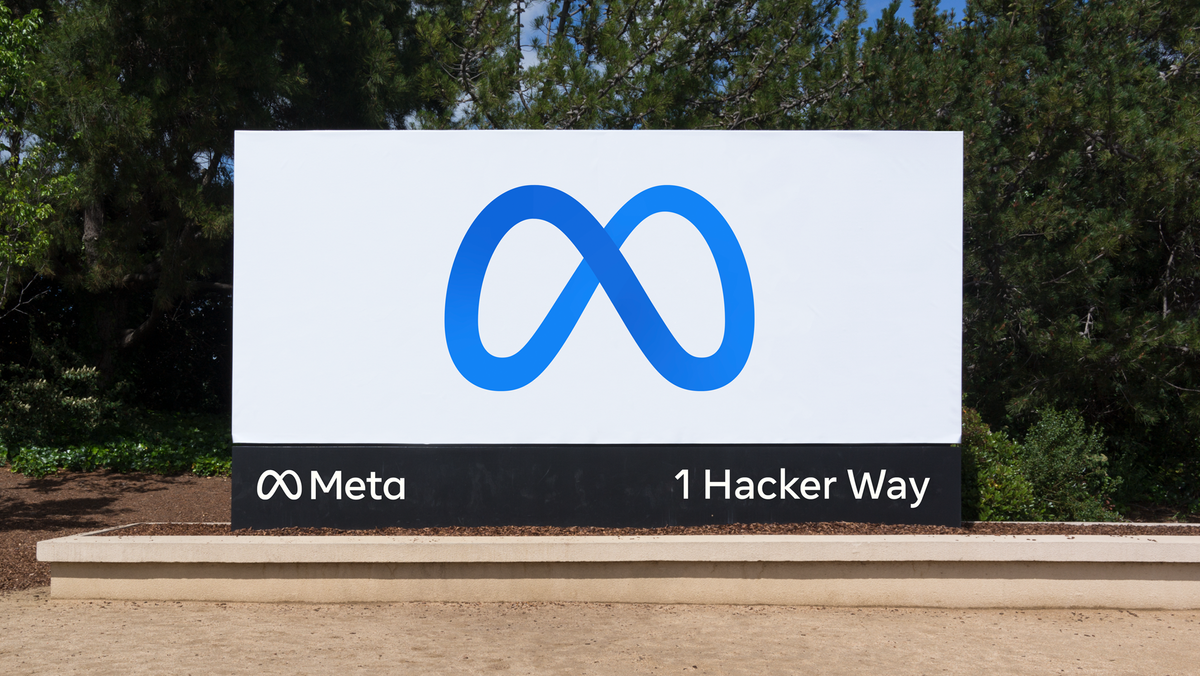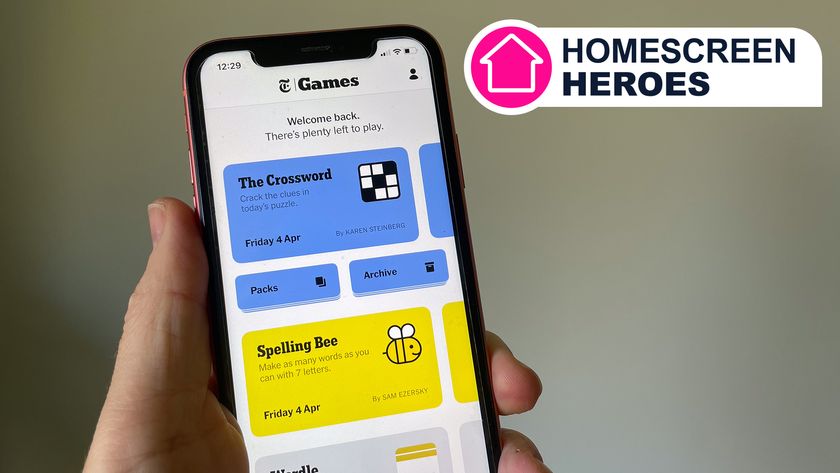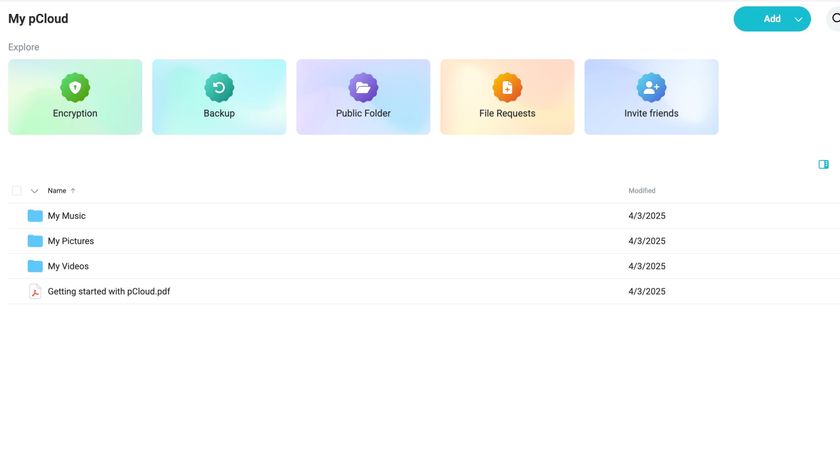Meta to remove ads that target religion and politics from 2022
Could impact a few more categories

When Mark Zuckerberg and his board decided to rename Facebook as Meta, they really mean to go beyond as the name translates to in Greek. The company has already set in motion a consolidation of its financial services and now appears to be en route to cleaning up its ad targeting business.
Having variously been accused of supporting fake news, promoting hatred and even using paid ads to promote some of these, now Meta aims to make it harder to target specific groups on Facebook. Groups that are formed around religious beliefs or over political ideologies perhaps. Even those based on sexual orientation.
An announcement to this effect was made late last night about removing targeted ads related to certain topics that people may perceive as sensitive. While users may benefit from the move scheduled to begin from January 19 next, advertisers could find it somewhat irksome. Given that Meta makes nearly 98% of its revenues from advertising, this has to be categorized as a major policy shift.
- Coming to a location near you: A brick and mortar Meta store
- Facebook is ending face recognition, will delete all user data
A major policy shift
Meta's VP for ad marketing Graham Mudd described the shift as a response to concerns from civil rights experts and policy makers on how advertisers could abuse targeting options on Facebook. He also clarified that the policy shift was an outcome of people's interactions with content on its platforms viz., Facebook, Instagram etc.
Four years ago in 2017, Facebook got embroiled in a major scandal as ProPublica found it targeting ads to users interested in anti-Semitic topics as well as anti-Islamic rhetoric around the world. In 2019, there was a controversy around large businesses using Facebook to discriminate against women and elderly workers. More recently, a report in Buzzfeed claimed Facebook ran ads for body armor, gun holsters etc.
Describing the decision to remove detailed targeting options as "not an easy one", Mudd said in the blog post some of Meta's advertising partners were concerned over these options going away as they could also generate positive societal change. A few thought the move would adversely impact not-for-profit bodies and public affairs groups seeking to raise funds.
What is important to understand is that Meta's policy change does not take away the advertisers' right to target people on the platforms. Mudd said Facebook remained committed to helping small businesses, advocacy groups and not-for-profits reach their targeted audiences and added that they had tools available for them.
Get daily insight, inspiration and deals in your inbox
Sign up for breaking news, reviews, opinion, top tech deals, and more.
Keen to follow the latest events and news from the world of consumer electronics and gadgets? Follow TechRadar India on Twitter, Facebook and Instagram!
A media veteran who turned a gadget lover fairly recently. An early adopter of Apple products, Raj has an insatiable curiosity for facts and figures which he puts to use in research. He engages in active sport and retreats to his farm during his spare time.













